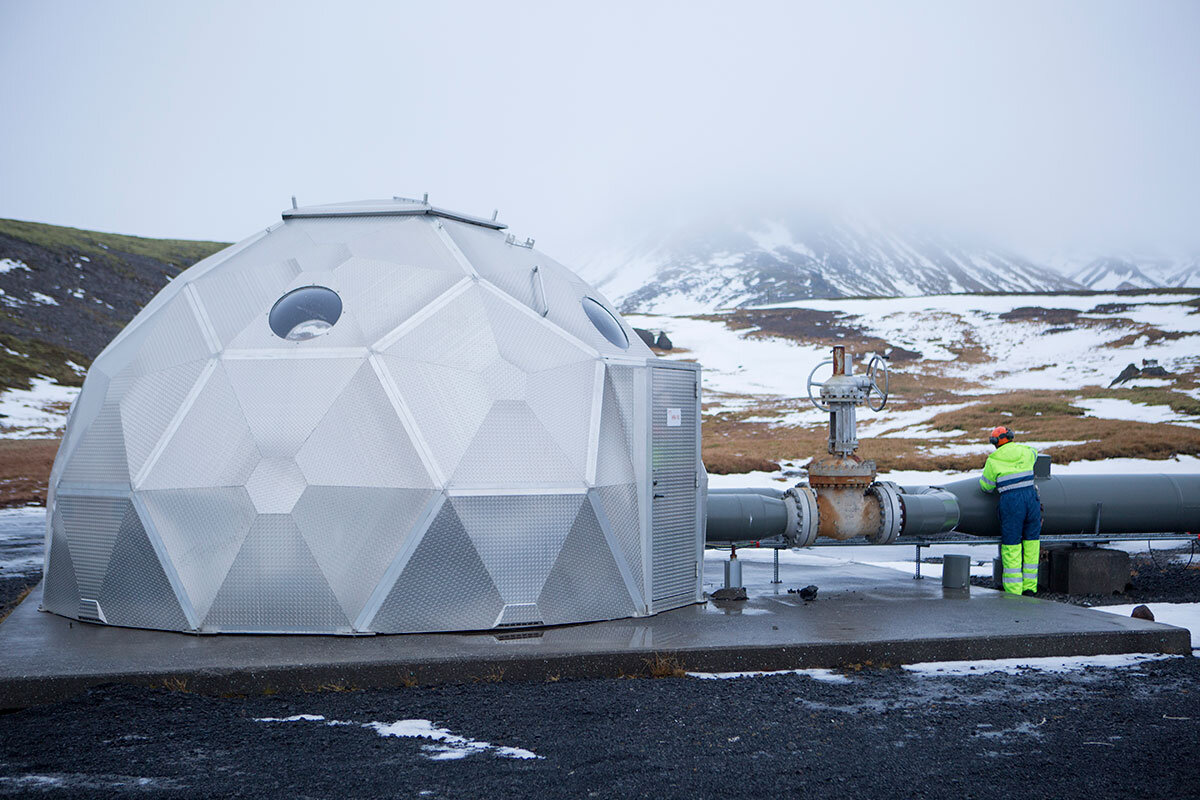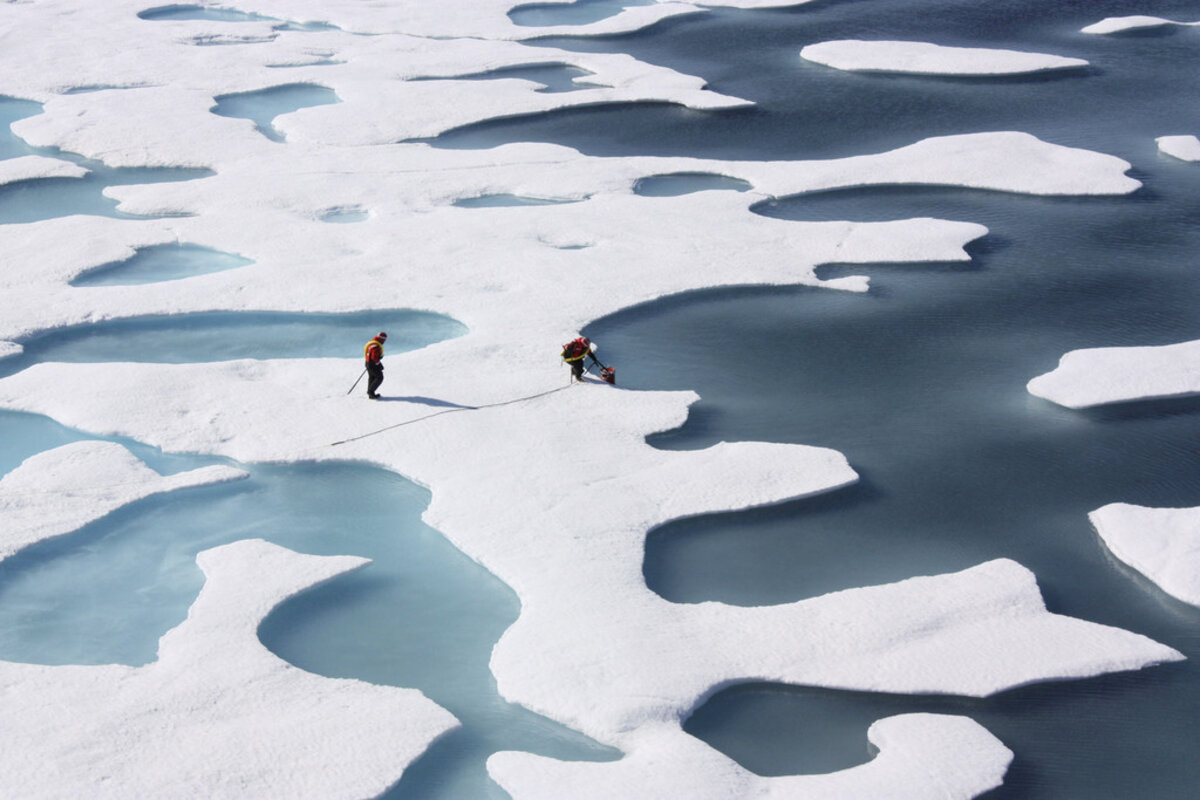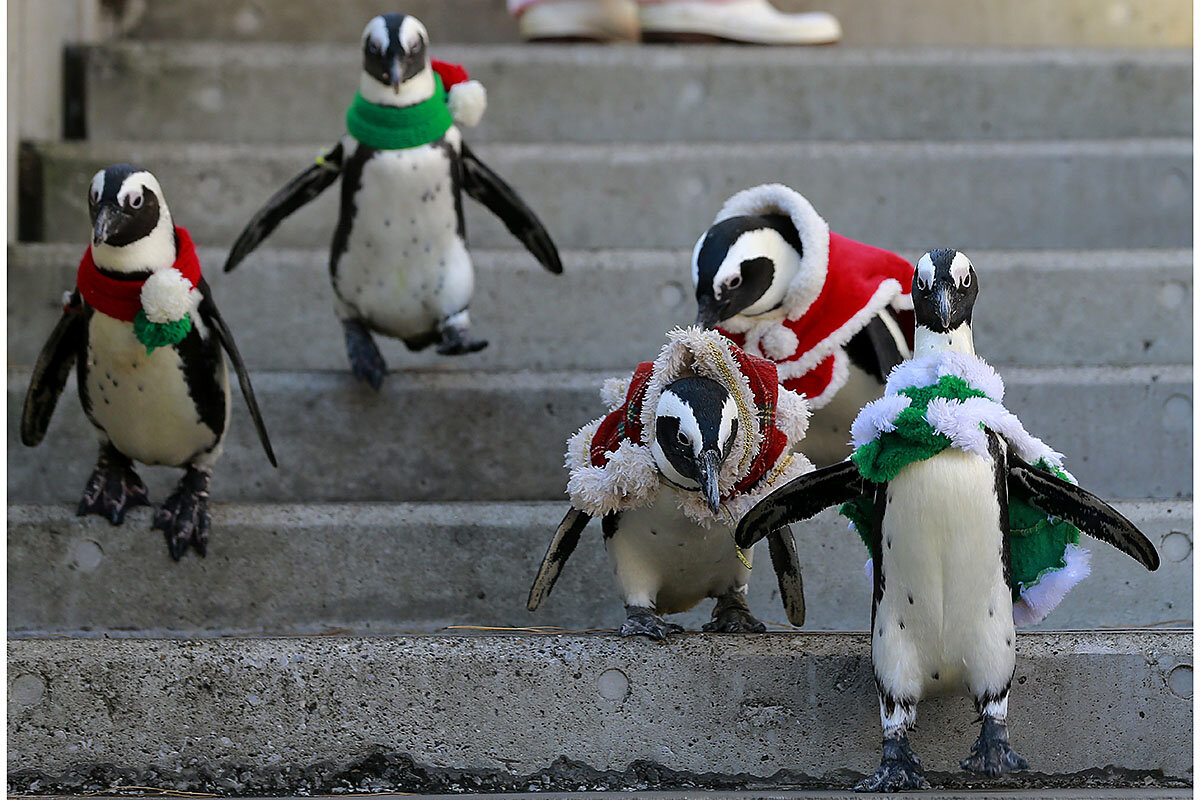Who are Alabamians? For many voters, Tuesday’s election reflects how they see themselves, and how they’re perceived. It’s a statement about the state’s identity.
Monitor Daily Podcast
- Follow us:
- Apple Podcasts
- Spotify
- RSS Feed
- Download
 David Clark Scott
David Clark Scott
Progress is irresistible.
That’s an admittedly optimistic way to look at this week’s climate summit in Paris. After President Trump pulled the United States out of the 196-nation climate change accord, France filled the leadership vacuum. On Tuesday, 50 world leaders joined the French president’s call to “Make Our Planet Great Again.” Yes, he’s tweaking Mr. Trump.
France is also now funding the work of 13 American scientists, blowing a little raspberry at Washington’s decision to reduce funding for climate research. But Trump supporters may be saying: Smart move, Donald. Let French taxpayers pay for that stuff. The French summit also seeks to encourage private investors to step up and finance efforts to slow the emission of greenhouse gases. There are signs it’s working.
Billionaire Michael Bloomberg said that “America’s Pledge” – a coalition of cities, states, and businesses – is on track to meet the Paris accord goals to reduce carbon emissions by 26 percent. “Our coalition now represents more than half of the US economy. It continues to grow,” said Mr. Bloomberg, The Washington Post reported.
As we report below from Iceland and Paris, many global investors see financing “negative emissions” projects as well as cleaner energy sources as not only a moral choice, but a smart business move. Irresistible progress.
Here are our five stories selected to illustrate innovation, direct democracy, and generosity at work in the world.










